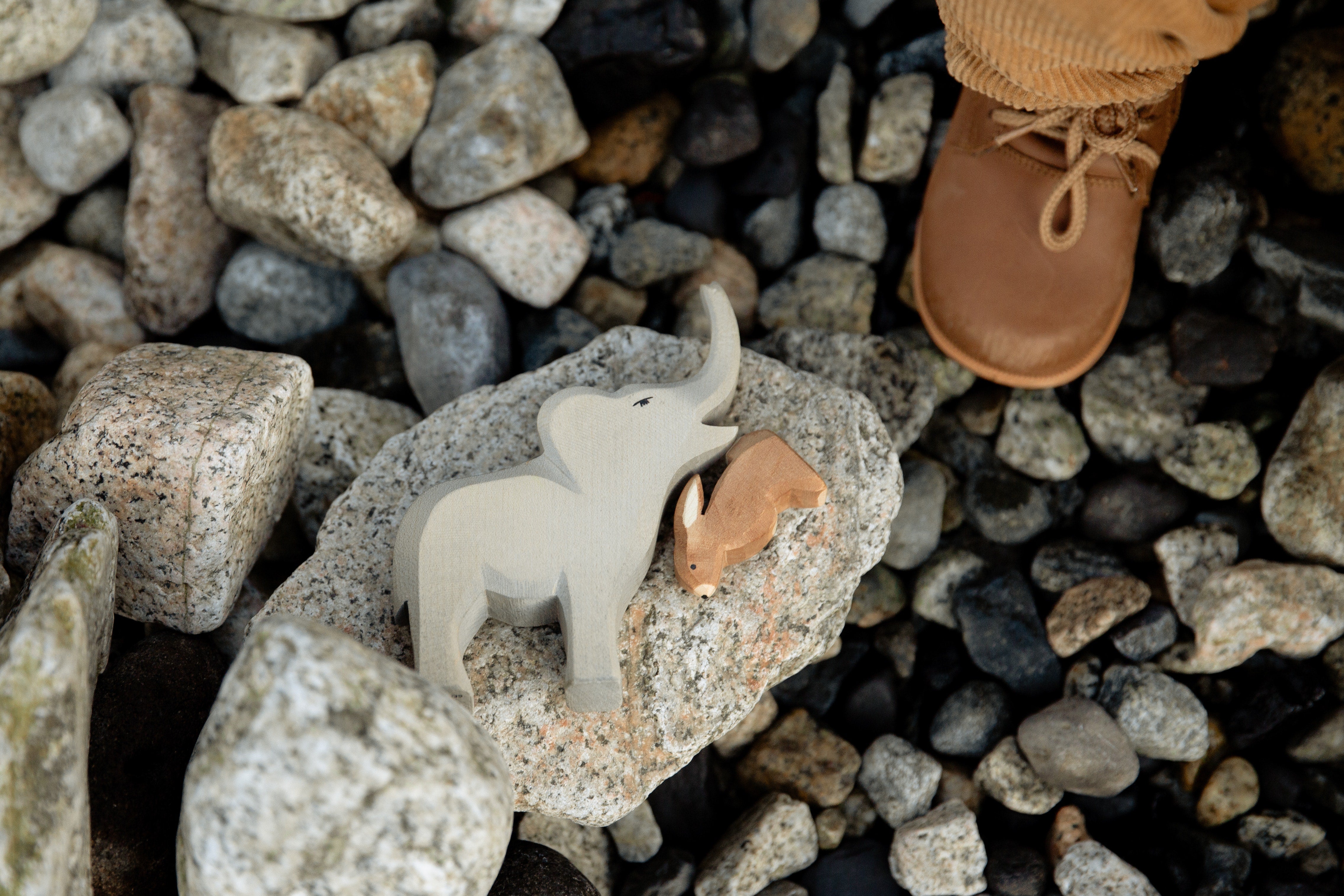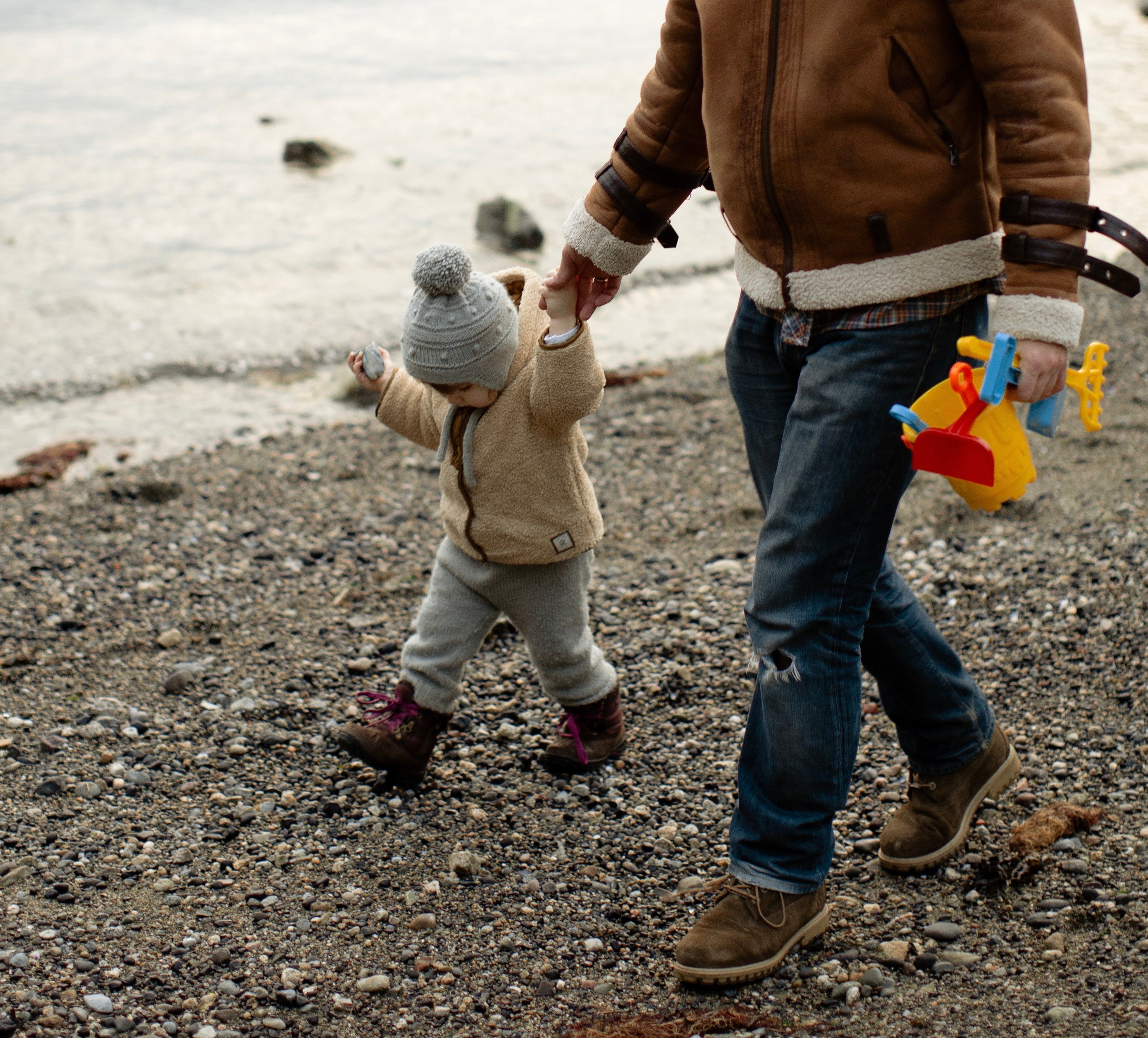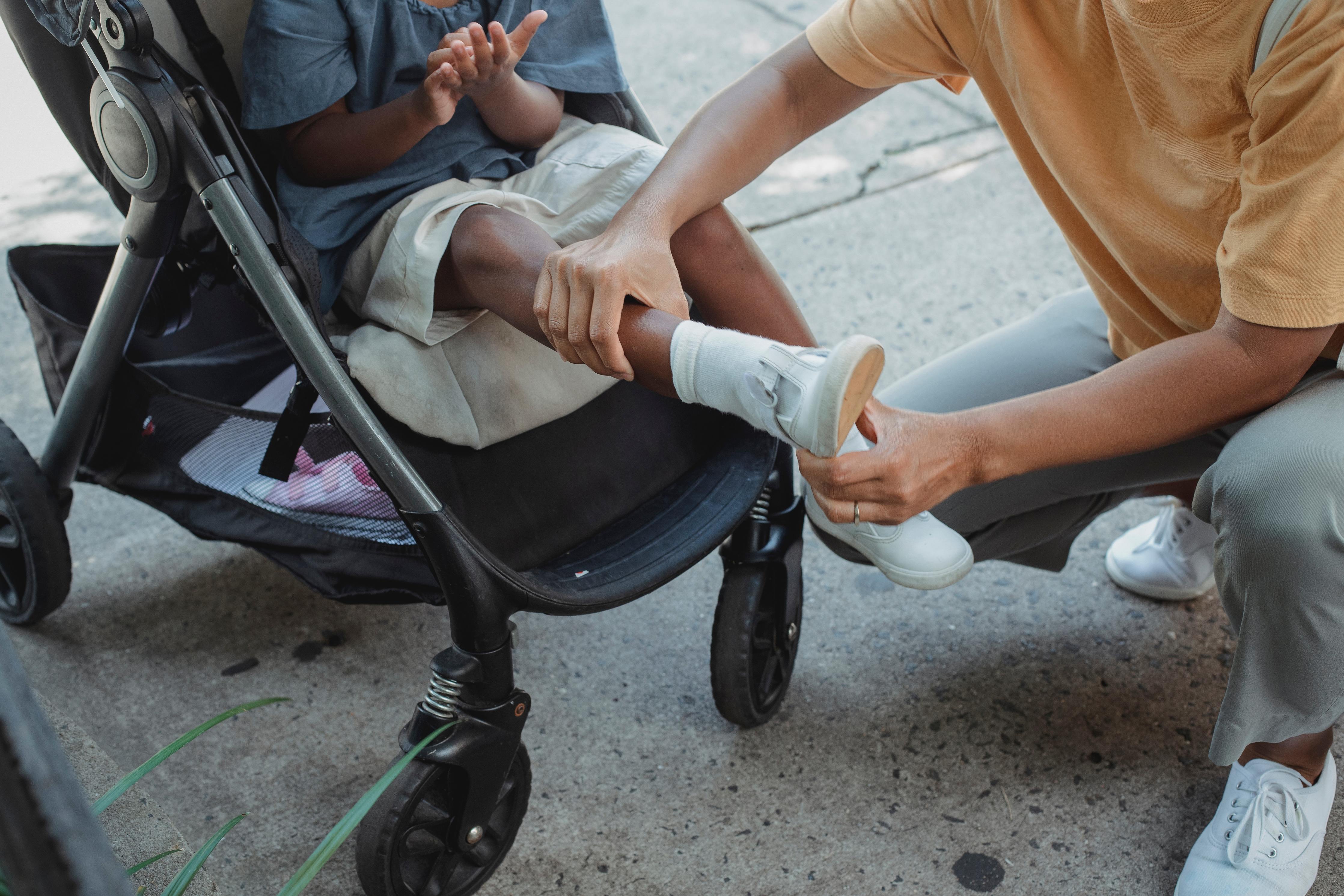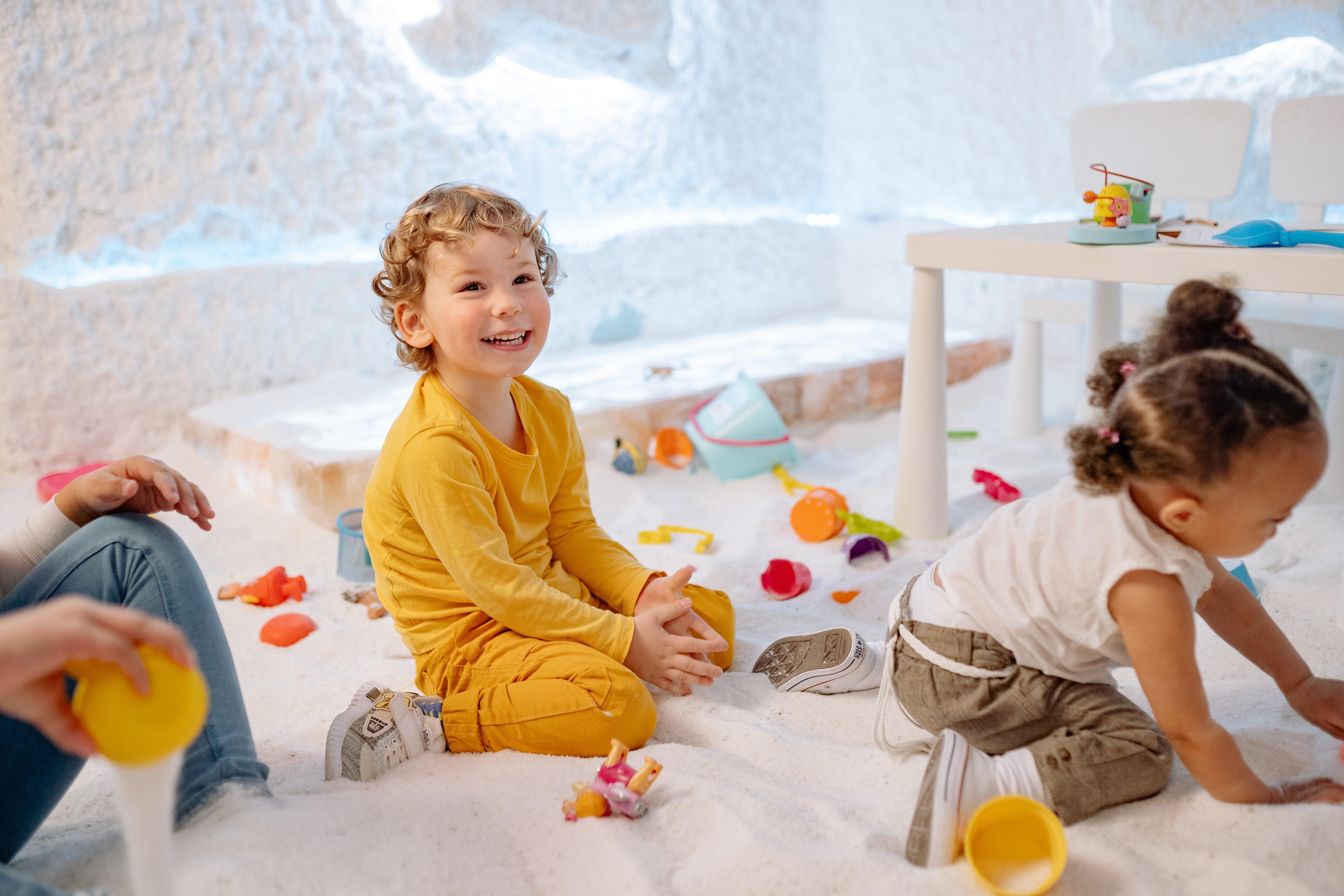
Soft Sole Shoes for Babies: The Key to Healthy Foot Development
Discover why soft sole shoes are crucial for your baby's foot development. Learn how these flexible and comfortable shoes support their natural growth, enhance sensory stimulation, and promote balance and stability. Read on to ensure your little one takes confident steps toward a lifetime of healthy feet.
Introduction:
When it comes to your baby's foot development, making the right footwear choices is vital. Soft sole shoes have gained popularity among parents who prioritize their little one's comfort and overall foot health. In this blog post, we will delve into the reasons why soft sole shoes play a crucial role in supporting healthy foot development for babies. From promoting natural movement to enhancing sensory stimulation, these flexible shoes are an essential investment for your little explorer.
1. Facilitating Natural Movement and Flexibility:
Soft sole shoes provide a barefoot-like experience for your baby's developing feet. Unlike rigid or structured shoes, soft soles allow for natural movement and flexibility. This unrestricted mobility promotes the development of strong muscles, tendons, and ligaments in the feet, enabling proper balance and coordination as your baby takes their first steps.
2. Enhancing Sensory Stimulation:
A baby's feet are filled with sensitive nerve endings that contribute to their sensory development. Soft sole shoes offer a close sensory connection with the ground, allowing your little one to feel different textures and surfaces. This sensory stimulation enhances their proprioception and overall sensory processing skills, enabling them to navigate their surroundings with confidence.
3. Supporting Proper Foot Growth and Toe Spreading:
Soft sole shoes provide ample room for your baby's growing feet. The unrestricted space allows their toes to wiggle and spread naturally, promoting proper foot growth and alignment. Unlike restrictive footwear, soft soles accommodate the natural shape of the foot, reducing the risk of future issues such as toe crowding or deformities.
4. Promoting Balance and Stability:
Soft sole shoes offer a minimal and lightweight design, which aids in better balance and stability for your baby. As they begin to stand and take their initial steps, the flexibility of the shoe's sole allows their feet to adapt to various surfaces. This improves proprioceptive feedback and aids in the development of balance and coordination skills.
5. Providing Protection without Constriction:
Soft sole shoes offer a protective layer for your baby's delicate feet without compromising their natural movement. They shield their feet from potential hazards like sharp objects and rough surfaces while still allowing them to feel the ground beneath. This protection is essential as your little one explores their environment, ensuring their comfort and safety.
6. Facilitating a Gradual Transition:
Soft sole shoes act as a transitional footwear option between barefoot walking and heavier, harder-soled shoes. They help your baby adjust gradually to different walking surfaces, preventing sudden discomfort or shock when transitioning to more rigid footwear later on. This gradual progression supports their foot development and eases the transition process.
Conclusion: Soft sole shoes are a game-changer when it comes to supporting healthy foot development for your baby. By providing flexibility, sensory stimulation, and protection, these shoes offer the perfect environment for their growing feet. The freedom of movement they provide enables your baby to develop strength, balance, and stability naturally. Invest in soft sole shoes to nurture your little one's foot development from the earliest stages, ensuring a lifetime of healthy feet and confident steps.
Remember, your baby's feet are their foundation. Opt for soft sole shoes and give them the gift of comfortable exploration, supporting their growth and development every step of the way.



